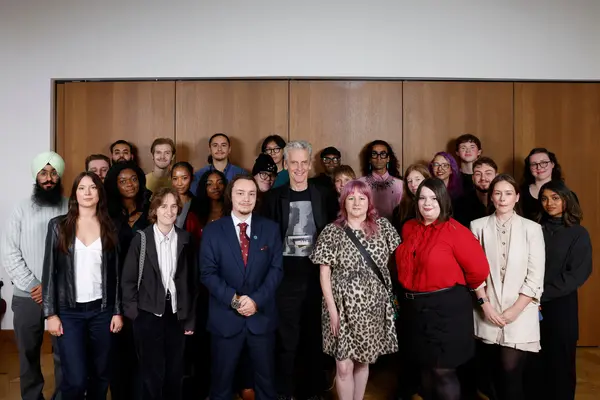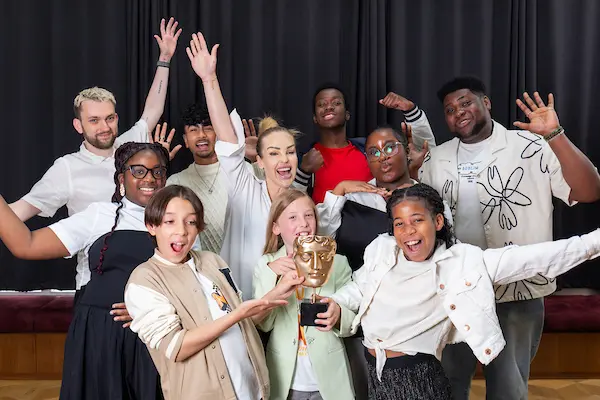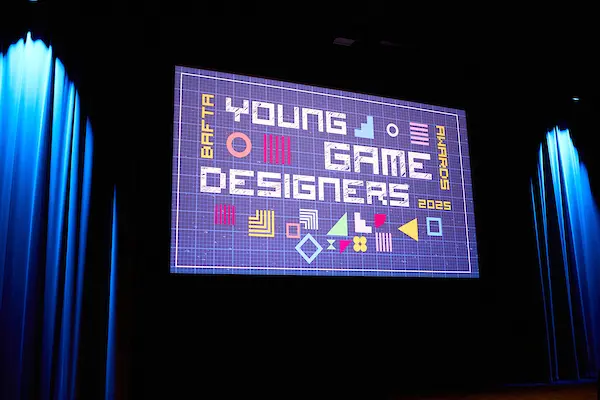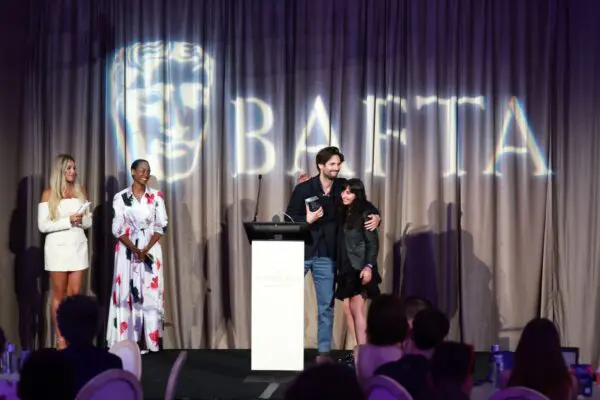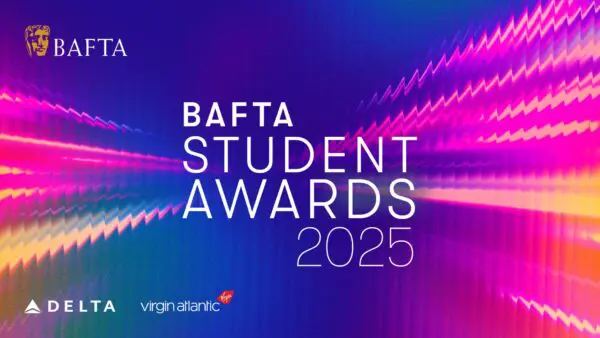- £277,000 awarded to emerging creatives from lower income backgrounds, in significant expansion of the arts charity’s bursaries and scholarships
- BAFTA to publish socio-economic background of its membership annually, from today
- Leading creatives including Danny Brocklehurst, Aisha Bywaters, Shane Meadows, Jack O’Connell and Moo Yu to feature in a forthcoming industry resource to assist hirers, recounting lived experiences of overcoming class barriers with solutions for change
Today, BAFTA sets out a host of initiatives to promote social mobility in the screen industries. Building on the arts charity’s mission to support people of all backgrounds to achieve their potential, BAFTA has set out a renewed focus on tackling class inequality in light of the challenging climate for many people working in the industry today, as well as those considering a career in film or TV without existing connections, or financial support.
£277,000 in funding has been awarded to 77 talented individuals in an expansion of the arts charity’s bursaries and scholarships – with the former having tripled in number of recipients in two years, thanks to the generous support of BAFTA’s donors and partners. Grants range from funds towards specialist equipment and driving lessons to training courses, offering support that might otherwise lock aspiring creatives out of the industry or act as a progression barrier. The support will be complemented by access to BAFTA events and mentoring.
In addition to the uplift in Bursary awards, BAFTA is producing a resource – out later this year – to assist hirers such as, broadcast commissioners, independent producers, film studio and games developer leads, to become more class aware in their practices. The online resource will include interviews with creatives and practitioners who will share their experiences of tackling financial and social barriers when accessing and working in the screen arts. More than 20 leading creatives and practitioners will feature including; including Danny Brocklehurst, Aisha Bywaters, Kahleen Crawford, Eddie Marsan, Shane Meadows, Jack O’Connell and Moo Yu. The themes addressed include; authentic on-and-off-screen representation and storytelling; the practice of ‘code-switching’ for example, adjusting speech, appearance, behavior, and expression and why social inequality remains so hidden; ideas for improving HR and recruitment practices.
Comprising more than 12,000 creatives and practitioners from the film, games and television sectors globally, BAFTA’s membership plays a leading role across the screen industries in fostering community. Starting today, the academy will publish its progress on increasing the number of its members from lower socio-economic backgrounds. As of October 2023, this comprises 19% of BAFTA members, as defined by the Social Mobility Commission. Updates will be shared alongside gender, ethnicity and disability, annually, as last set out here.
Jane Millichip, CEO of BAFTA, said: “The cost-of-living crisis is exacerbating class inequality in the screen industries. Many people working in film and TV are struggling to forge sustainable careers, whilst aspiring young creatives feel our sector is out of reach. At BAFTA we are redoubling our efforts to promote social mobility in the screen industries by expanding our bursaries and scholarships and creating resources to help industry to tackle social inequality. We are grateful to our network of generous donors who have enabled us to triple our bursary recipients in two years. In recent years our sector has made significant progress to better represent the diversity of our society on and off screen, this work must continue through collective intervention from across the industry, and we must ensure that the impact of economic downturn does not erode opportunity for those from lower socio-economic backgrounds.”
BAFTA Scholarship recipient Tale Imevbore, for her Advanced Course in Make-Up & Hair Artistry at the Iver Makeup Academy, said: “For so long working in TV and Film has felt so far from my reality. Being awarded the BAFTA Scholarship not only lightens the financial burden of pursuing my passion for TV and Film but also serves as encouragement and validation of my dedication. I am really excited about having a mentor through this journey. The opportunity to learn from someone with experience and wisdom is a priceless gift. I look forward to developing my skills, contributing to the industry, and one day giving back to others.”
The Prince William BAFTA Bursary Fund, named in honour of BAFTA’s President, offers grants to help those in entry-level positions. Kickstarted with the support of film director Paul Greengrass, it is now in its third year with doubled funding in two years. This year, grants of up to £2,000 each have been made available to 50 recipients including production trainees, game designers, researchers, costume trainees, junior producers, animators, production designers and concept artists, towards driving lessons, specialist craft equipment, training and relocation costs. The full list of Prince William Bursary recipients can be found here.
The full list of the BAFTA Scholarship recipients for 2023 can be found here (UK) and here (US). This year’s UK scholars include:
- Tale Imevbore, from South London, awarded the BAFTA scholarship to support an Advanced Course in Make-Up & Hair Artistry at the Iver Makeup Academy.
- Haiane Dzhahinian, who came to the UK under the Ukraine Sponsorship Scheme, awarded the BAFTA Vicky Deigman Scholarship to support an MA in Directing Fiction at the National Film and Television School.
- Calvin Nixon, from Macclesfield, awarded the BAFTA Prince William Scholarship to support a BSc Computer Game Design Course at the University of Staffordshire.
- Jamaal Hassan from Blackburn, Lancashire, awarded the BAFTA Prince William Scholarship for an MA in Visual Effects at the National Film and Television School.
- Maia Adelia, from Brighton, awarded the BAFTA Rosemarie Nathanson Scholarship to support her studies in the Factual Development and Production course at the National Film and Television School.
- Max Solomon from Beverley, East Yorkshire, awarded the BAFTA Scholarship to support an MA Sound & Music for Interactive Games at Leeds Beckett University.
- Nell Rose, a refugee from Iran, is awarded the BAFTA Scholarship to support her Costume Design for Performance MA at the London College of Fashion, University of the Arts London.
- Sarah-Louise Davila, from South-East London, is awarded the BAFTA Thompson Family Scholarship to support her continued study of Sound Design for Film and Television MA at the National Film and Television School.
- Halima Moushimi, from Sunamgani, Bangladesh, is awarded the BAFTA Reuben Scholarship towards a BA in Game Art and Design at the University of Hertfordshire.
- Fox Barron, from Bedford, awarded the BAFTA Reuben Scholarship to support an MA Digital Effects course at the National Film and Television School.
- Sarah Louise Madden, from Rhondda Cynon Taff, is awarded the BAFTA Prince William Scholarship to support an MA in Screenwriting at the National Film and Television School.
- Olivia Murray, from Wigan, is awarded the BAFTA Reuben Scholarship to support an MA in Screenwriting at the National Film and Television School.
- Joseph Eccles, from Epsom, is awarded a BAFTA Scholarship to support his MA in Sound Design for Film and Television at the National Film and Television School.






